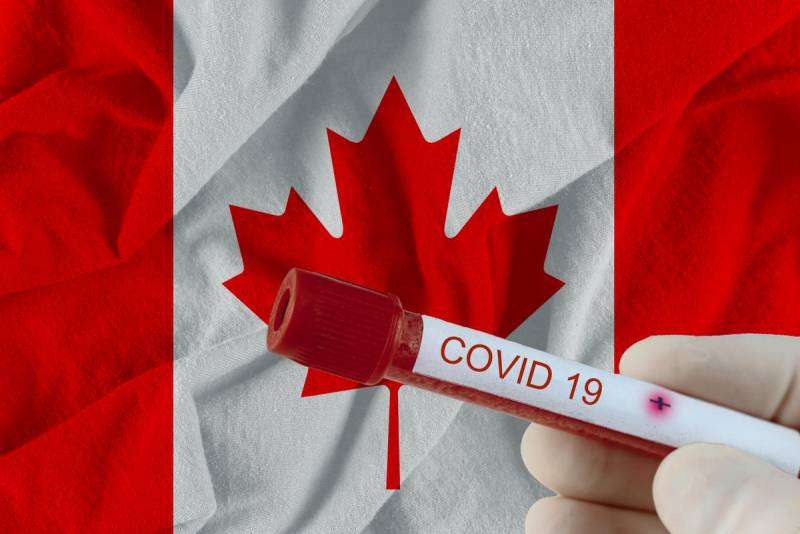Canada has ended its advisory against non-essential travel and also now allows foreign nationals to enter the country for non-essential travel. However all travellers 5 years or older, regardless of citizenship or vaccination status, are required to provide proof of a COVID-19 negative molecular test to enter the country. Alternately, they can provide proof of a previous positive test result taken between 14 and 180 days. Unlike in many other countries, rapid antigen tests will not be accepted to enter Canada.
A reminder of who can travel to Canada: Canadian citizens (including dual citizens), people registered under the Indian Act, permanent residents of Canada, or protected persons (refugee status) are allowed to enter Canada. Fully vaccinated foreign nationals are also allowed to enter the country. Foreign nationals who don't qualify as fully vaccinated will only be allowed to enter in specific circumstances.
Acceptable molecular tests are as follows:
PCR - Polymerase chain reaction
Nucleic acid test (NAT) or Nucleic acid amplification test (NAATs)
Reverse transcription loop-mediated isothermal amplification (RT-LAMP)
Other acceptable types of tests that may be accepted can be found on the government website.
If you’ve already had COVID-19 and recovered, you can find additional information on the website.
On its website, the government notes that “If you're flying to Canada, you must take a molecular test within 72 hours of the scheduled departure time of your flight to Canada. If you have a connecting flight: the test must be conducted within 72 hours of the scheduled departure time of your last direct flight to Canada and you may need to schedule the test in your transit city.
If you're arriving by car, bus, boat, ferry or train from the United States, you must take a molecular test in the United States within 72 hours of your planned entry into Canada.
For short trips that are less than 72 hours, Canadian citizens, people registered under the Indian Act, permanent residents and protected persons travelling to the United States are allowed to do their pre-entry molecular test before they leave Canada.
If your test is more than 72 hours old when you re-enter Canada, you’ll be required to get a new pre-entry molecular test in the United States.
Before leaving Canada, the government notes that you should verify that you meet the entry requirements for your destination country.
To provide proof of your result, when you arrive at the border, you must present an accepted negative molecular test result (paper or electronic proof) or proof of a previous positive test result taken between 14 and 180 days.
All travellers must:
provide one of the accepted types of molecular tests, not an antigen test
keep proof of your test results for the 14-day period that begins on the day you enter Canada
Most travellers, including those who qualify as fully vaccinated, still have to provide pre-entry test results. Some types of travel into the country may be exempt from pre-entry testing.
If you qualify for the fully vaccinated traveller exemption, you may be exempt from arrival testing. However, you may be selected for mandatory randomized arrival testing.
If you are unvaccinated, when you enter Canada, you'll be instructed to either take an arrival test at the border, or receive a self-swab kit. You will also get a kit to use on Day-8 of your mandatory quarantine (except for travellers who are only passing through on their way to or from Alaska).
To read more about Canada’s arrival requirements, check the government’s website.
SOURCE : Forbes




